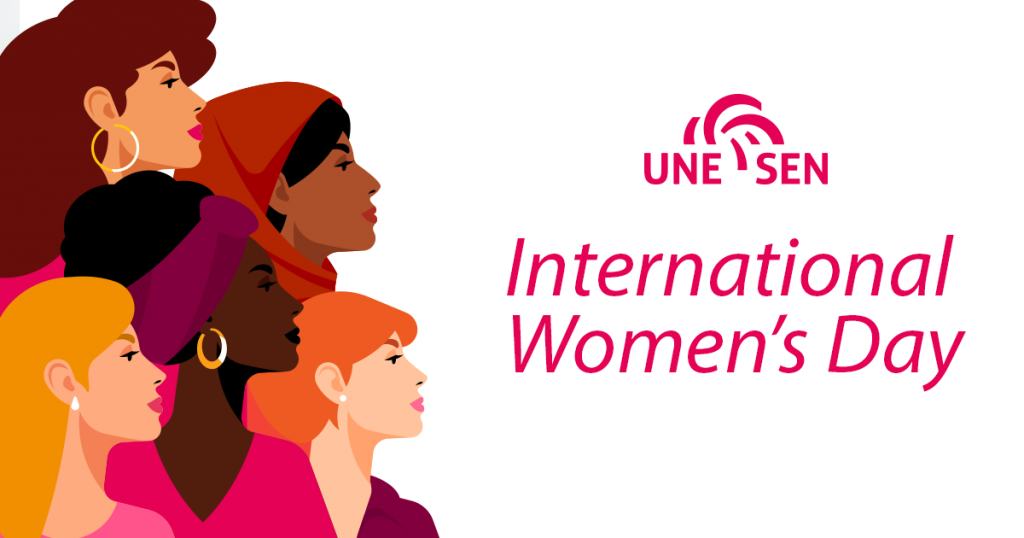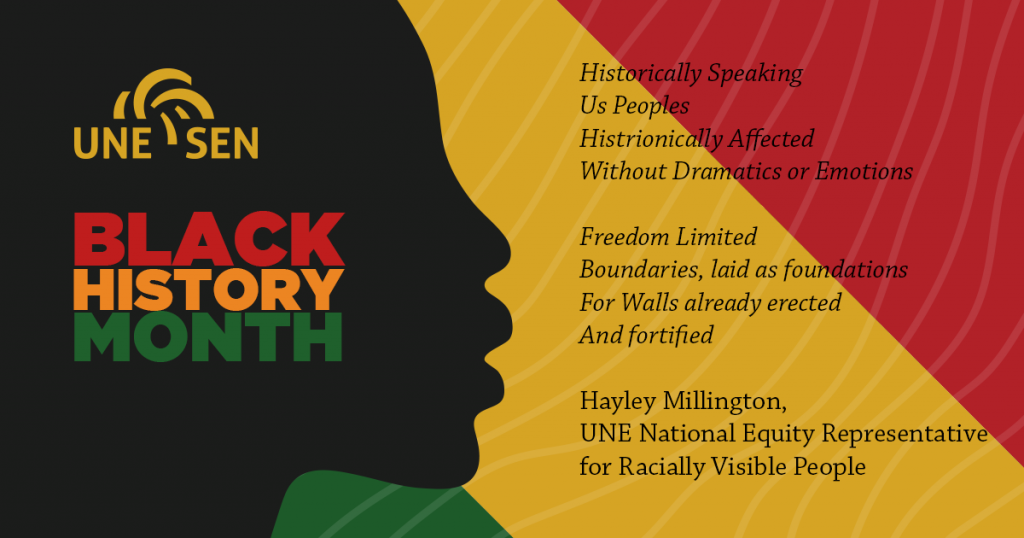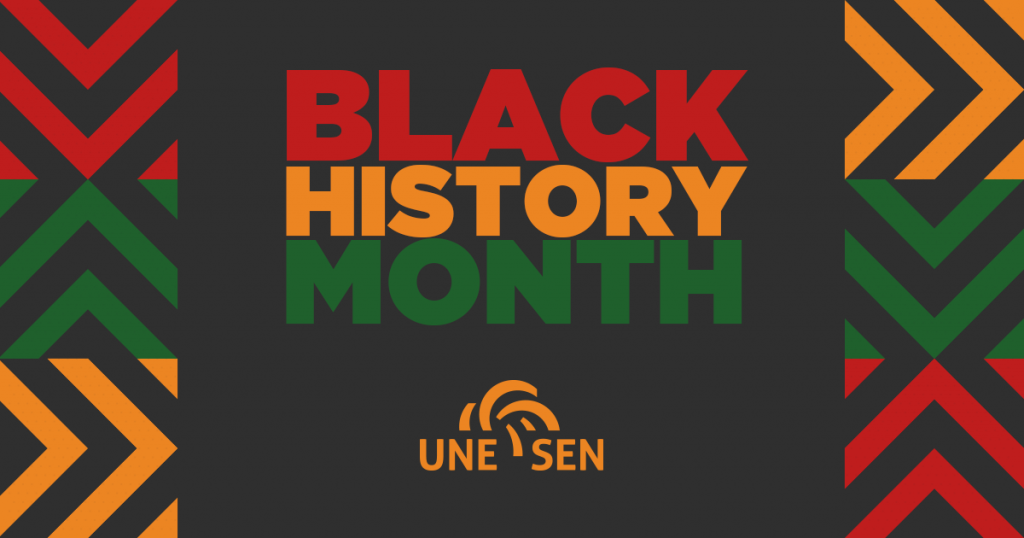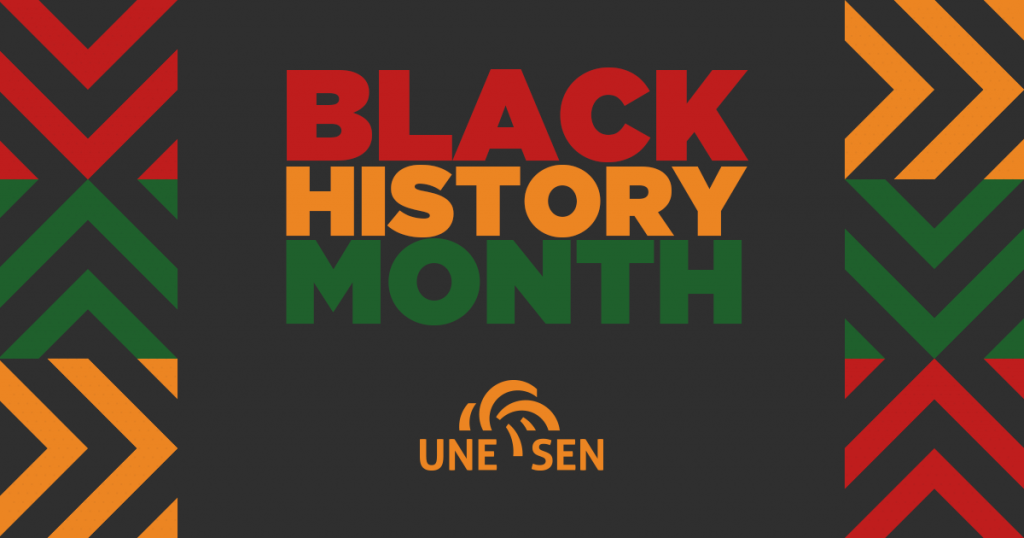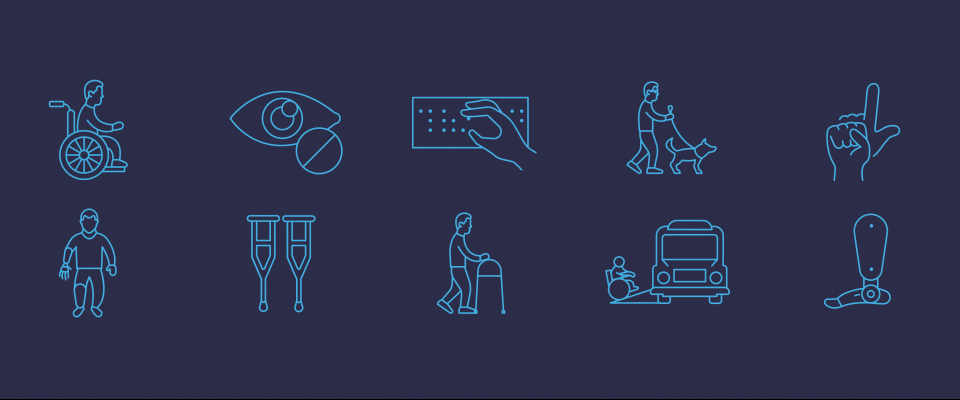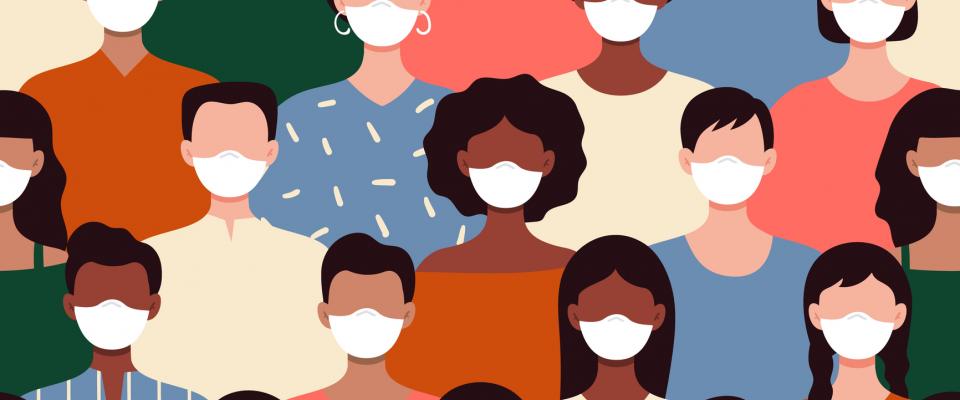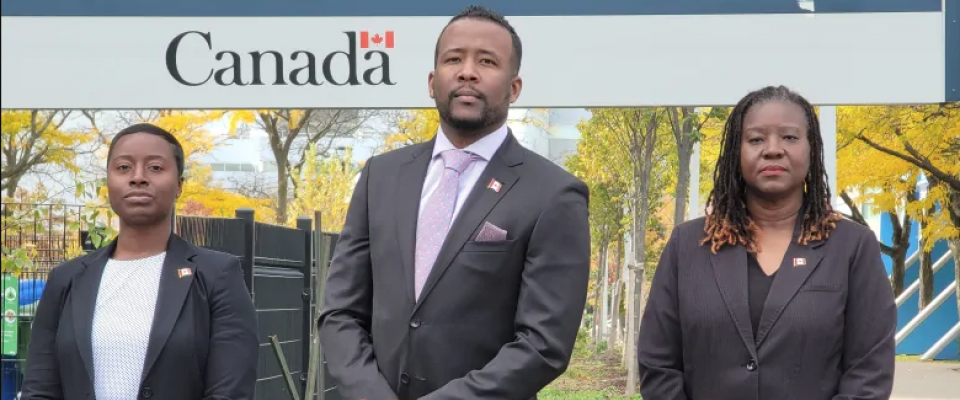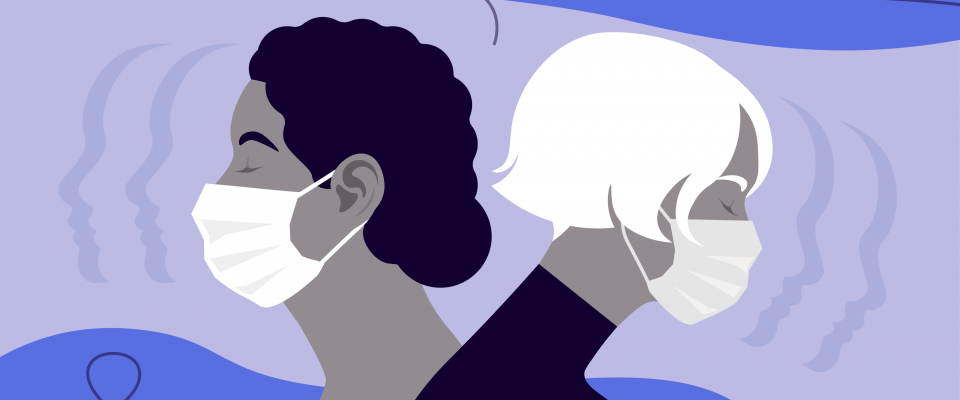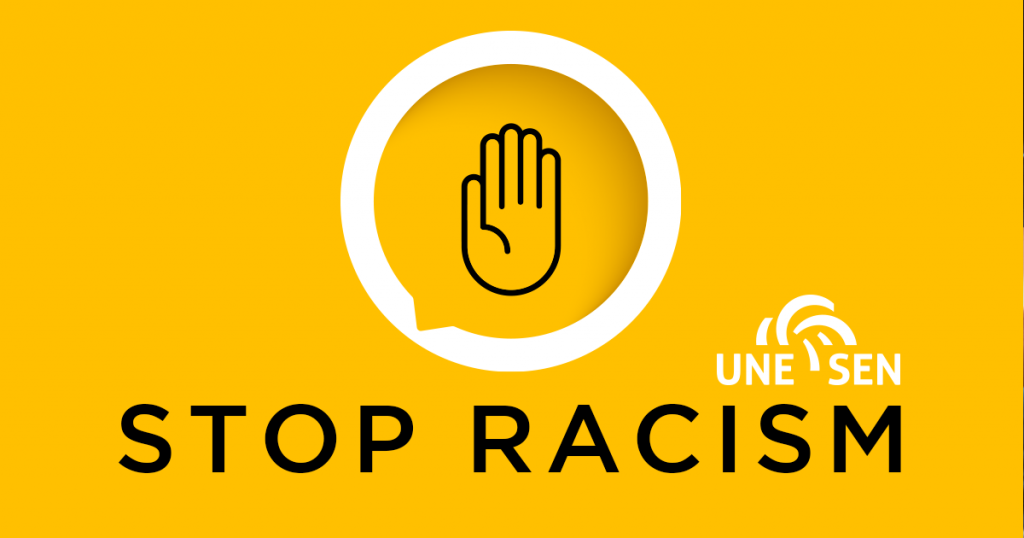
March 18, 2021
March 21st has been earmarked as the International Day for the Elimination of Racial Discrimination and this year’s theme is “Youth standing up against racism”.
On this day, in 1960, police in Sharpeville, South Africa, opened fire killing 69, and wounding 180 people during a peaceful demonstration against apartheid laws. This incident, in 1966, prompted the United Nations General Assembly to proclaim March 21st as the Day for the Elimination of Racial Discrimination.
More then 50 years ago, The Sharpeville massacre set the world’s spotlight on the very visible and atrocious, treatment of South African blacks not unlike the recent killing of George Floyd nearly one year ago in the United States at the hands of a police officer that resonated on a worldwide scale.
Despite these very blatant public displays of cruelty, resulting in death, of black people, governments around the world continue to allow racism to feed and grow throughout its institutions, systems and societies.
Decades have passed since Sharpeville and yet the world continues to log many incidences of racism and discrimination. For some, March 21st, simply serves as a one-day show of solidarity or allyship, and once the “smoke clears”, the status quo remains unchanged and their realities go unaffected.
Canada has shown significant progress however, much work remains to be done to create a society that is truly equal and inclusive for all. The Clerk of the Privy Council reported, “… it is not sufficient to simply equip ourselves with knowledge and tools. We must take action in ways we know will be meaningful in addressing all barriers and disadvantages. Being a leader means taking an active role in ending all forms of discrimination and oppression, consciously challenging our own biases, and creating an environment in which our employees feel empowered and safe to speak up when they witness barriers to equity and inclusion. Inaction is not an option. We must encourage and support the voices that have long been marginalized in our organizations. We must create opportunities where they have long been absent. We must take direct, practical actions to invoke change. This is a true test of leadership, and one we must meet head on. Now”. (Clerk to the Privy Council, Call to action on anti-racism, equity, and inclusion in the Federal Public Service).
In Canada, we showcase the richness of the multi-cultural mosaic and all that entails, and most entertain the idea that Canada is racist free; with every member of its citizenry enjoying equality and inclusivity. Over the course of the COVID-19 pandemic, statistics have shown a spike of racism towards marginalized populations. Prior to this, statistics bear witness to the underbelly of the richness of our differences and confirms that racism and discrimination is still an everyday reality for Blacks, Indigenous and other marginalized/racialized groups.
Also, let us use this platform, this internationally recognized day for the Elimination of Racial Discrimination to acknowledge the many achievements of those amongst us who stand marginalized, their continued struggle to achieve equality in the workplace, to combat conscious and unconscious biases within the walls of institutions and systems fraught with racist and discriminatory practices.
The International Day for the Elimination of Racial Discrimination provides an opportunity to renew one’s commitment to the responsibilities, both individually and collectively, for promoting and protecting the goal of the elimination of all forms of discrimination and racial oppression. This day can serve as a springboard and as activists, we must make a conscious effort to confront oppression and racial discrimination in all forms and fight for equity in our workplaces, union and our communities.
Hayley Millington
UNE National Equity Representative for Racially Visible People
